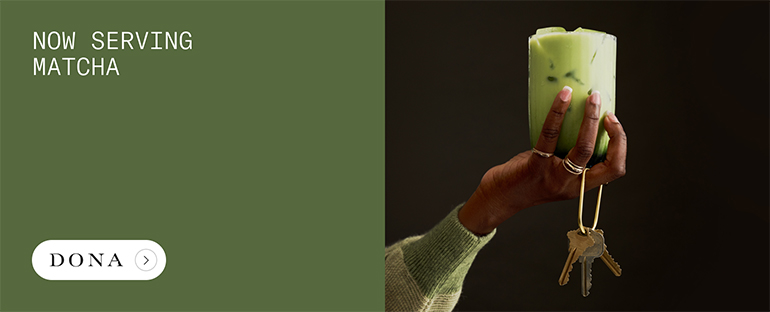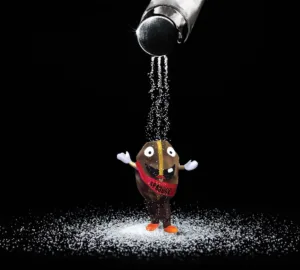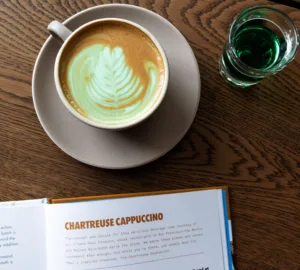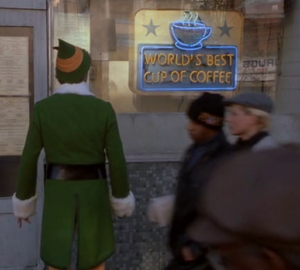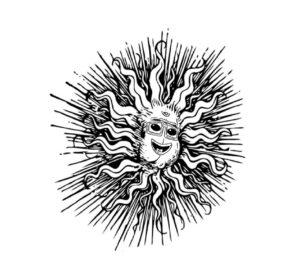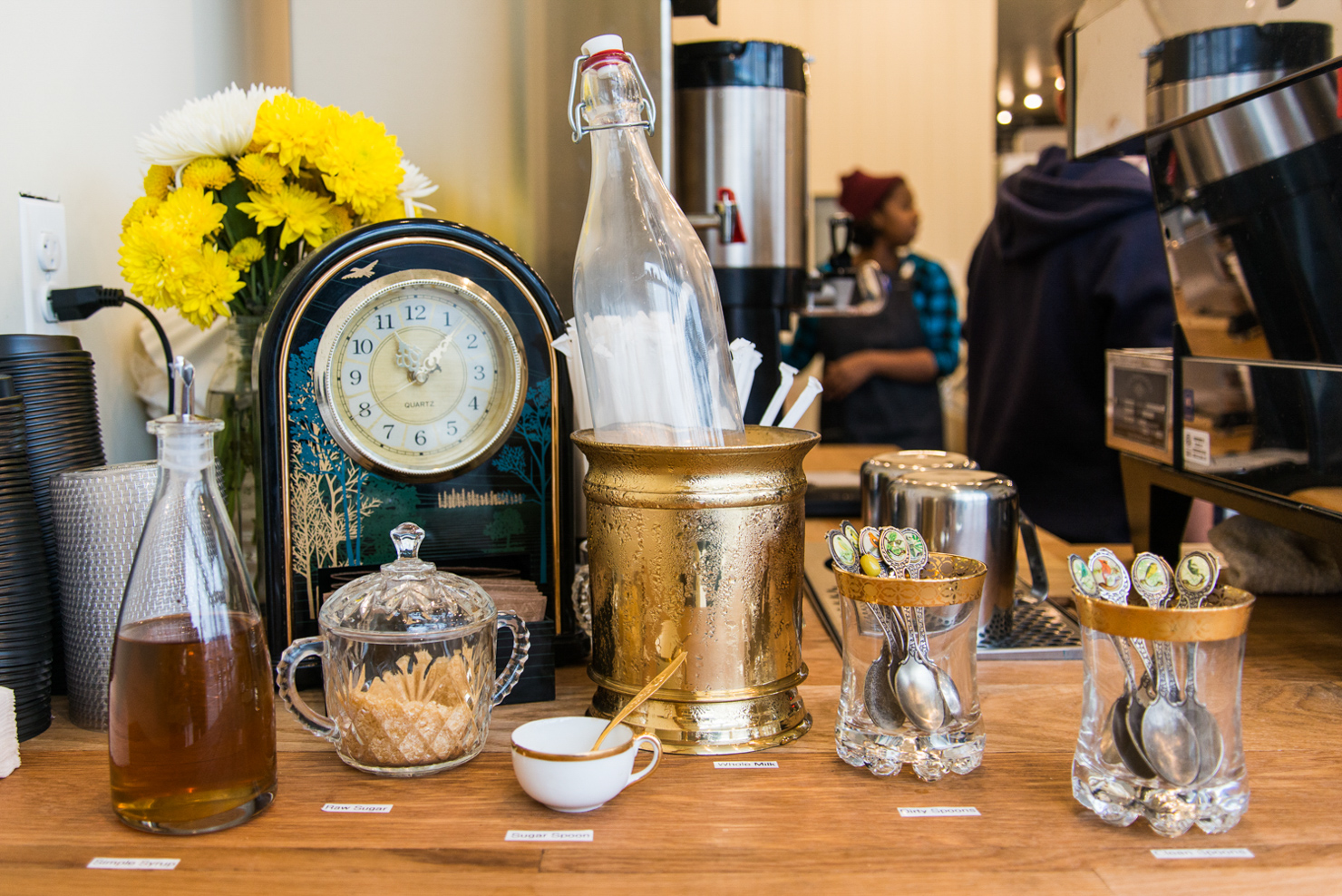Though it may be hard to believe, coffee – that thing you’ve probably described “as life” in your Instagram profile, along with illustration, kittens, and traveling – hasn’t always been so widely accepted. In fact, according to Innovation and Its Enemies, the past 500 years of coffee history have been fraught with turmoil.
Though not specifically about the world’s most popular beverage, the new book by Harvard professor Calestous Juma follows the history of coffee, using its bumpy road to mass acceptance as a context for “contemporary debates surrounding technologies” like artificial intelligence, gene editing, and renewable energy. In a recent article, Business Insider highlights some of coffee history’s more turbulent moments as they are described in Juma’s book.
Possession of coffee punishable by beating:
Coffee houses’ potential to facilitate the exchange of ideas and information scared leaders long before the French Revolution. In 1511, Khair Beg, a young governor of Mecca, called for the closure of all coffee houses, fearing they’d be centers of secular uprising. Anyone caught drinking or selling coffee at that time was beaten.
Phony science to deter coffee consumption:
In fact, when the drink started spreading to Europe in the 17th century, the wine and beer industries attacked. One winemaker in Marseilles allied with a university student to write up a thesis titled “Whether the Use of Coffee Is Harmful to the Inhabitants of Marseilles.”
Juma wrote:
“[The student] asserted that the ‘burnt particles, which [coffee] contains in large quantities, have so violent energy that, when they enter the blood, they attract the lymph and dry the kidneys.’ The result, he claimed, was one of ‘general exhaustion, paralysis, and impotence.'”
Racism:
Juma wrote:
“A 1663 broadside entitled A Cup of Coffee: or, Coffee in its Colours, derided those who had turned into Turks by drinking coffee. These ‘Pure English Apes,’ the author charged, ‘might learn to eat Spiders.'”
Violence, sanctions, junk science, xenophobia – all have been used to keep people from drinking coffee at some point in the last half millennia. It doesn’t take too much racking of the brain to think of other parallel historical arcs – like, oh I don’t know, a certain plant that many are fighting to legalize here in the US.
It’s said that those who don’t learn from history are doomed to repeat it, and Juma’s new book seems to support that sentiment. But at least coffee has made it to the other side. With the massive amounts of caffeine we now freely consume each day, hopefully coffee will help us #staywoke.
Zac Cadwalader is the news editor at Sprudge Media Network.














